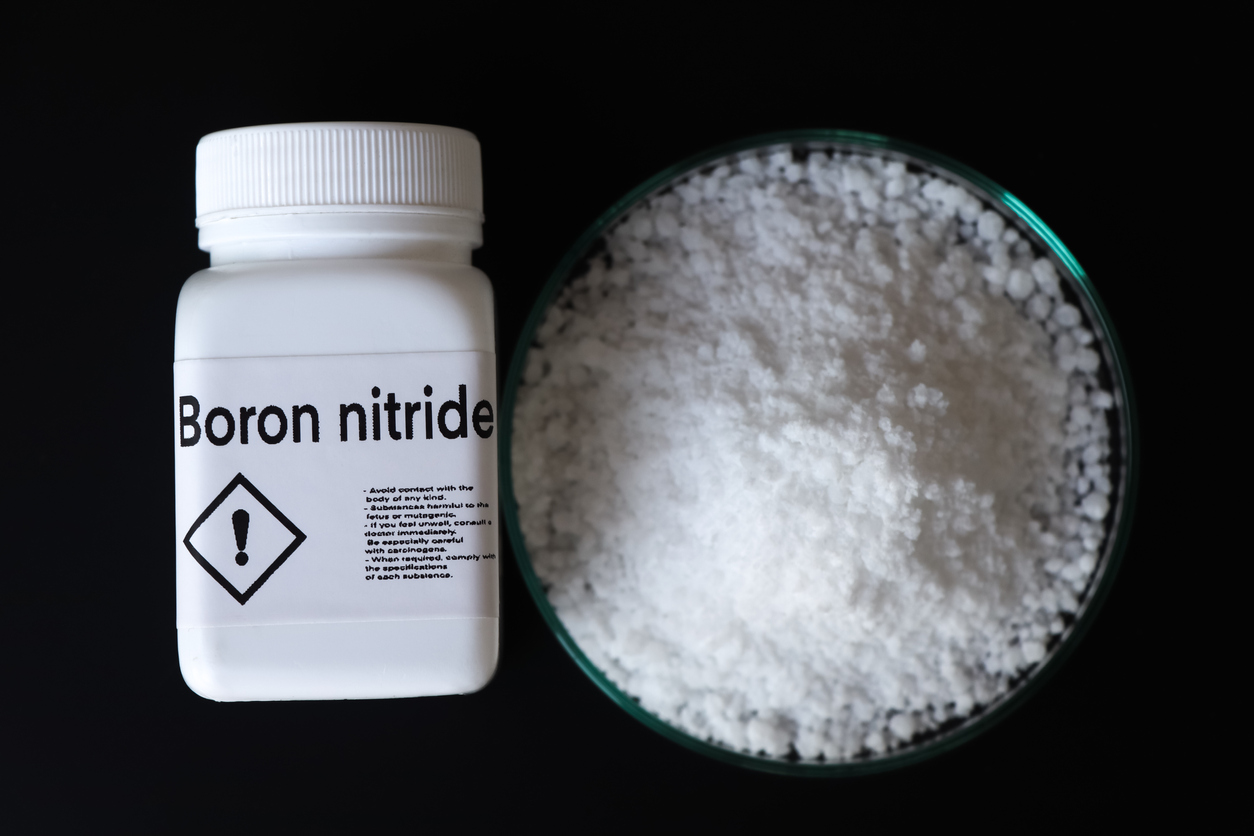The best way to maintain a healthy lifestyle is by following a balanced diet plan. A balanced diet for weight loss is a strict diet that focuses on eating healthy foods. It is a type of weight loss plan where you eat smaller portions and avoid unhealthy food as much as possible.
There are many different types of balanced diets for weight loss, but they all have one thing in common: they all promote healthy eating habits and provide an individualized approach to losing weight.
What is balanced diet for Indians?
It is a diet plan that consists of an assortment of foods to provide the nutrients that the body needs.
One of the most common nutritional problems in India is low birth weight, micronutrient malnutrition and diet-related non-communicable diseases. Health and nutrition are the most important factors for human development in the country. In fact, without them, there would be no progress.
A balanced diet for an Indian is a diet that includes all six types of food. This includes cereals, pulses, vegetables, fruits, dairy and meat or fish.
A balanced diet for an Indian should be high in nutrition and low in fat. It should also provide all the necessary vitamins and minerals. needed for a healthy lifestyle.”Pachak-chana vazahivaye, anamaya vasthitah sukshma” – “keep in mind the five elements of your body and remain always in good health”.
Balanced diet for vegans
A balanced diet is important for everyone but it’s especially important for vegans because their diets are often low in protein and calcium.
A vegan diet is a plant-based diet that avoids animal products like meat, eggs, and dairy. The lack of protein lacks can make it difficult for vegans to maintain good muscle mass. They also have a risk of not getting enough calcium which can lead to osteoporosis due to low bone density.
They are also at risk of developing vitamin B12 and Omega-3 fatty acid deficiencies. With the right precautions, vegans can lead healthy lives with the same amount of strength as those who eat animal products
Here are the five simple healthy eating habits that should be followed by every individual If they aim for weight loss using a balanced diet.
Eat breakfast every day for a balanced diet
Breakfast is an essential part of any healthy diet. It helps kickstart your metabolism so you burn more calories throughout the day. You should eat something within 30 minutes of waking up. Try having oatmeal with fruit, eggs, or yoghurt.
Eating breakfast every morning helps keep blood sugar levels steady throughout the day. A balanced diet plan should include eggs, oatmeal, toast, cereal, yoghurt, fruit, and milk. These foods provide essential nutrients such as protein, fibre, calcium, iron, vitamin D, and B vitamins.
The best thing you can do to maintain a balanced diet plan is to be mindful of what you put into your body. If you want to lose weight, you should try to eat five to seven smaller meals throughout the day instead of three large ones. You’ll feel fuller faster if you eat frequent, smaller meals, which helps you control portions better.
Drink plenty of water
Water is one of the most important nutrients we need every day. It keeps our bodies hydrated and helps flush toxins out of our system. If you drink enough water, you won’t feel thirsty.
Water is essential to our bodies because it helps keep us hydrated and aids in the smooth functioning of our organs. We should drink at least eight glasses of water each day. We are dehydrated if we consume less than half of our body weight in ounces of water daily. Dehydration causes fatigue, headaches, constipation, and other health problems.
Drinking enough water daily can help prevent constipation, headaches, fatigue, and other health problems and thereby assist in maintaining a balanced diet plan. If you feel like having more water, try adding cucumber slices to your water bottle. Cucumbers contain potassium, which helps keep your body hydrated.
Don’t skip meals
Skipping meals can lead to overeating later in the day. This is because when you eat less often, your body gets used to feeling hungry between meals. So when you do eat, you tend to eat more than usual.
Don’t skip meals! Skipping breakfast or lunch can lead to a variety of health problems, including an increased risk of diabetes, heart disease, and obesity.
A balanced diet should include foods from the five food groups (grains, fruit, vegetables, proteins, and fats). Eating a variety of foods from each group helps ensure that you get enough vitamins and minerals. For example, if you eat too much meat, you won’t be getting enough iron. If you’re trying to lose weight, you’ll want to avoid eating too many high-calorie foods such as sweets and fatty meats.
Avoid sugary drinks
If you drink soda, juice, sports drinks, sweetened tea, or other sugar-sweetened beverages (SSBs), you might not realize how much added sugar you’re consuming. One 12-ounce bottle of regular soda contains about 20 teaspoons of added sugar. That’s almost half of what you should consume each day.
Eating a variety of foods from five food groups helps ensure that you get enough vitamins and minerals. For instance, if you eat too much sugar, you might be missing out on essential nutrients such as calcium, iron, zinc, vitamin C, and fibre.
Cut back on salt
Salt is an essential nutrient, but too much sodium can cause high blood pressure and lead to serious health issues. Cutting back on salt is a simple way to reduce your risk of high blood pressure, heart disease, and stroke.
To reduce your intake of salt, try using less than 1 teaspoon per serving when cooking at home. You can also limit your consumption of processed foods with added salt, such as canned soups, frozen dinners, and packaged snacks.
The American Heart Association recommends limiting sodium intake to less than 2,300 milligrams per day. That’s equivalent to 1 teaspoon of table salt. If you eat processed foods, look for low-sodium versions. And if you’re cooking at home, try using herbs and spices instead of salt. This could prove to be beneficial to maintain a consistently healthy lifestyle.
The benefits of a balanced diet include increased energy levels, healthier skin, weight loss, and improved moods.
Maintain a balanced diet plan in your daily routine with protein-rich foods like lean meats, eggs, fish, dairy products and legumes; vegetables; fruits; whole grains; fats such as olive oil and canola oil; and sugar-free drinks like water or tea.





Great post
I think other web site proprietors should take this site as an model, very clean and magnificent user genial style and design, as well as the content. You are an expert in this topic!
Woah! I’m really enjoying the template/theme of this site. It’s simple, yet effective. A lot of times it’s challenging to get that “perfect balance” between superb usability and visual appeal. I must say you have done a fantastic job with this. In addition, the blog loads super fast for me on Opera. Outstanding Blog!
Pretty nice post. I simply stumbled upon your weblog and wished to say that I’ve really loved browsing your blog posts. In any case I抣l be subscribing to your feed and I am hoping you write again very soon!